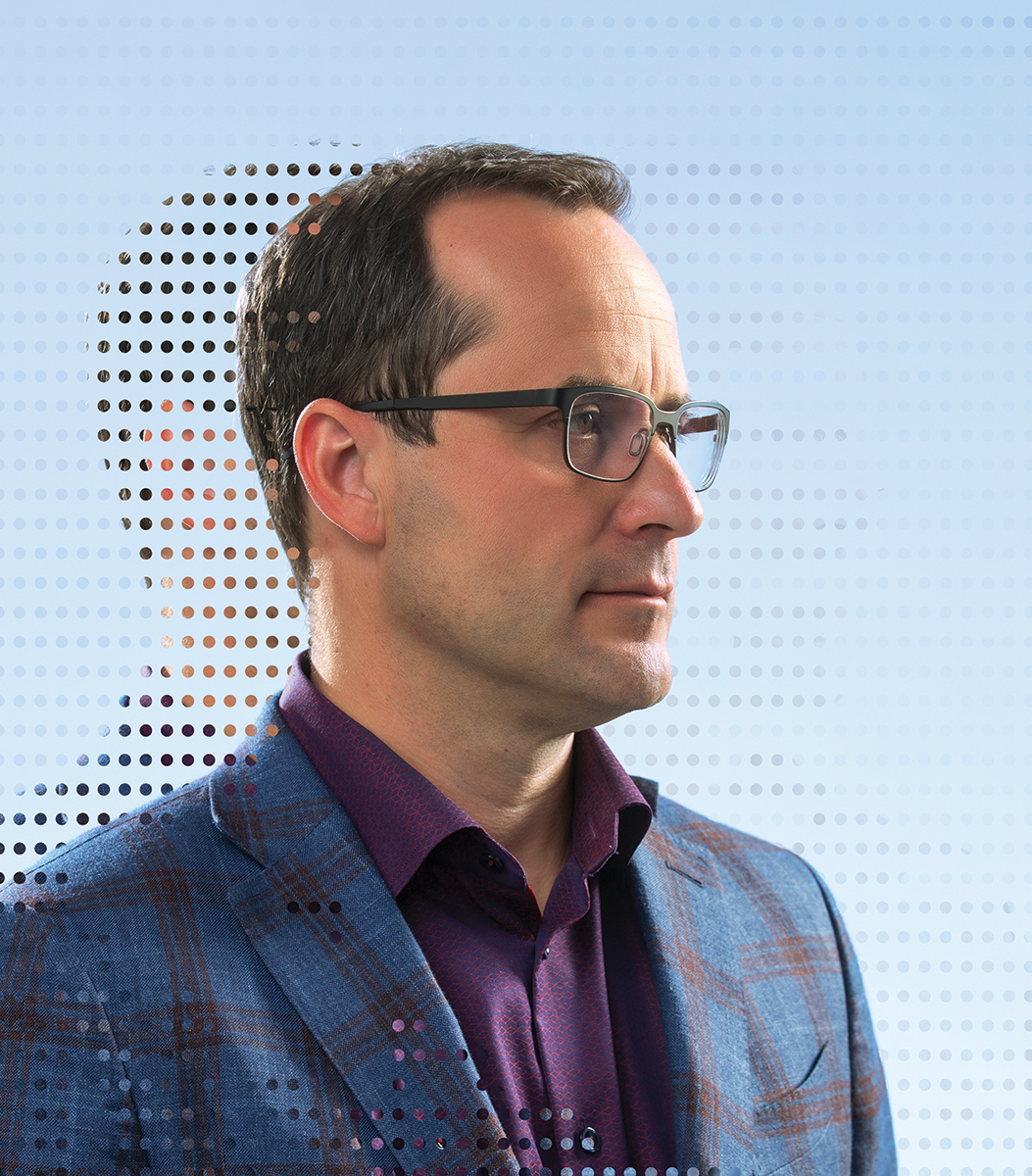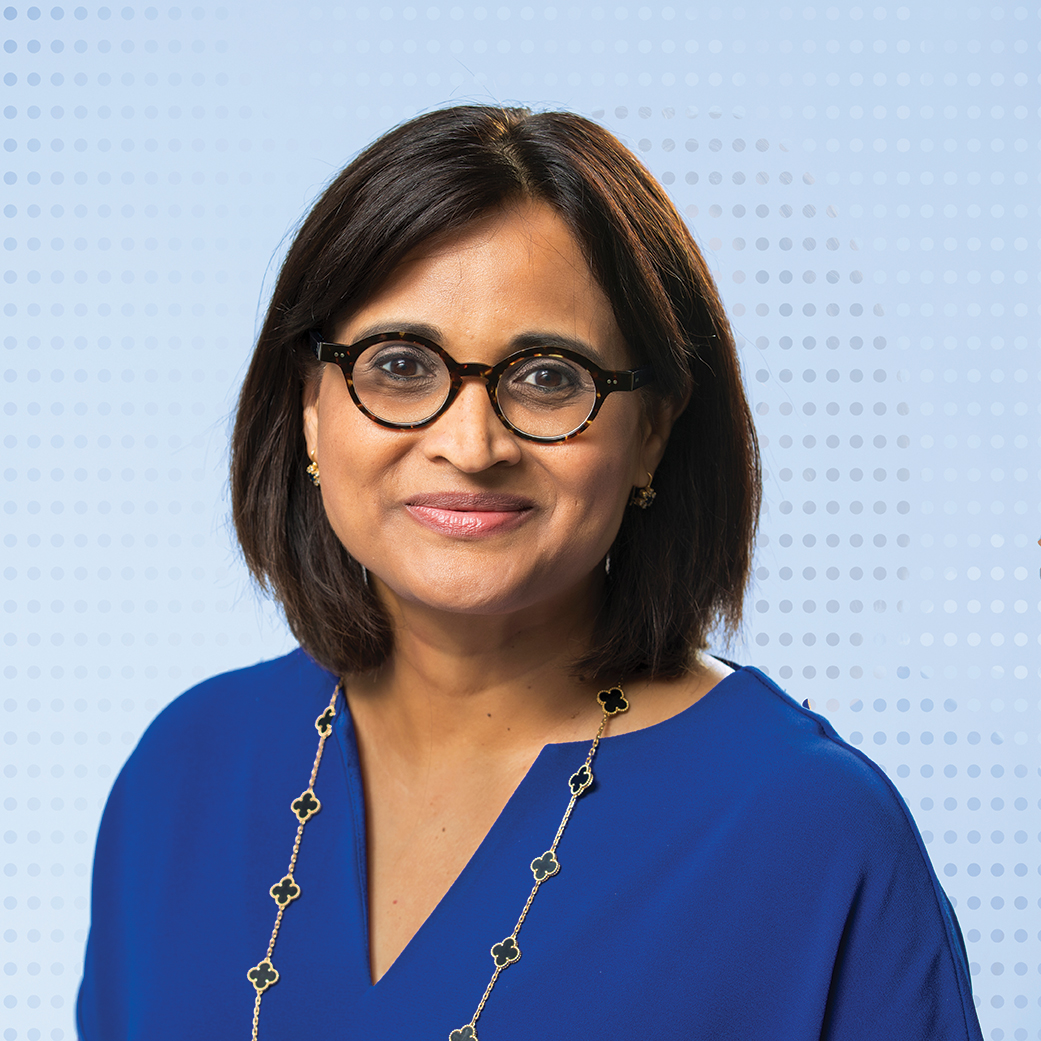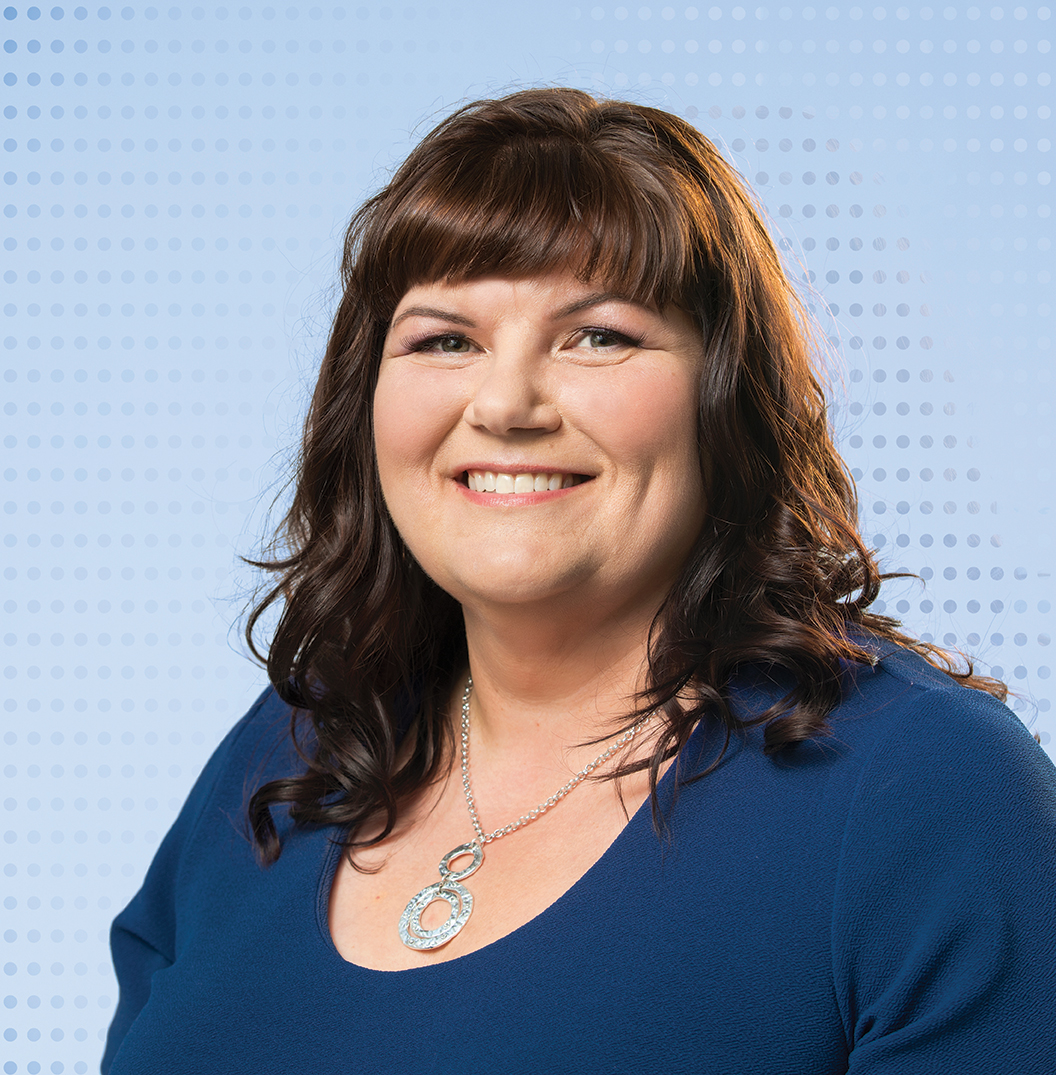
The average Canadian lives in a world filled with digital connections. Activity trackers monitor our steps and heart rate. Smartphones track our browsing history to bring us personalized ads from retailers. Even home appliances are going "smart," with many transferring information online.
Information is the new currency. Huge volumes of complex data-often called big data-are collected by companies and governments for a better understanding of the needs and wants of the people they serve. It has been a winning formula that helps tech giants such as Amazon and Google quickly gain insights into their customers.
Now health innovators are taking the lessons learned in commerce and applying them to health care.
"There is a complete revolution in health care on the way, and I don't think many would disagree with that," said Lawrence Richer, an associate dean of clinical research at the University of Alberta's Faculty of Medicine & Dentistry.
Richer is one of several researchers at the U of A dipping their toes into the deep waters of big data, seeking new solutions to difficult problems. His work uses data to look for signals that would help emergency departments predict cases of stroke in children.
"I was able to accurately predict those who presented with a headache and weak arm who were most likely to have something like a stroke," he said. "(Big data) won't replace care providers or physicians, but it certainly can augment our ability to make better choices, provide better care and stop doing things that aren't of value."
What is big data?
Big data is information that is huge and complex. It is messy. It is constant. Thanks to technological advances, corporations have made huge strides in their ability to quickly use that information, but its application in health care is still in its infancy.
Those who are working in the field see change coming very quickly.
"Big data has been on the horizon for quite a while, at least 15 years. But I think it's gained more popularity in the last five years," said Rhonda Rosychuk, a professor with the U of A's Department of Pediatrics.
Rosychuk is a statistician whose research focuses on using administrative health-data sets to look at emergency department visits in Alberta. She currently analyzes hundreds of thousands of records, but hopes to link them to documentation of patient hospitalizations and physician claims, which would grow the scope of her work to millions of records.
She's hopeful the additional information will bring important insights into how to direct patients to the most appropriate health-care service, but admits there is no certainty about how useful big data will be.
"It has untapped potential as a driver of change in health, but I think that potential has not been realized yet," said Rosychuk.
The future is now
No one quite knows what will come of the use of big data in health care, but the promise is tantalizing.
"Will it open up stuff that we haven't realized before? I don't know. Ask me in a year's time. Or even ask me in three months' time," said Padma Kaul, a professor of medicine with the U of A's Division of Cardiology.
Kaul, an epidemiologist who does population-based health research, is in the early stages of a project using big data to examine whether there are predictive signals that indicate risk of adverse perinatal or neonatal outcomes.
According to Kaul, researchers in Alberta are in a unique position nationally and even globally to benefit from big data. With a single payer (public health care) and a single care provider (Alberta Health Services), the province's health-care system allows researchers to link data-records of hospitalizations, outpatient clinic visits, physician visits, drug prescriptions-in a way that no other province can.
"My study is looking at records from 2005 to 2015. During that time, 300,000 women gave birth to about 500,000 babies," said Kaul. "By the time you add up all the lab tests and their pharmaceutical data, we're looking at about 70 million records. And then another 70 million records from when they saw their physicians. So you put all that data together and that's like-boom! That's big data!"
Analyzing this data through traditional methods would pose a major challenge. But with the aid of machine learning, individual pieces of data can be scrutinized and classified at a level of detail not possible by humans.
Soon, health researchers in Alberta will have access to more information than ever before, when the province implements a clinical information system called Connect Care. This electronic tool will provide one central access point to patient information.
"That will be unprecedented, really, in most of the world to have that kind of data available at the population level," said Richer. He warns, though, the collection of data comes with risks.
"If EquiFax can be hacked, so can the health-care system."
Big data, big risk
The amount of information being collected on every person is growing by leaps and bounds. As it does, the sensitivity of that information increases.
"People may think that as an individual, you are not actually contributing all that much to this bigger data pile. But you may not actually have to contribute very much for somebody with access to all of this data to know quite a bit about you," said Rosychuk. "I don't think people are aware of how being a small part of data in a bigger picture can actually [allow someone with access to] make inferences about you or draw conclusions about you that you maybe don't want."
As an example, she points to the practice of visiting a particular website associated with a disease. Rosychuk said there can be a probabilistic argument made that if you go to the site, you likely have the disease.
"What if you had a sexually transmitted disease? Anything that maybe you want to have more privacy about, if there are a lot of other people who aren't so private about it who end up visiting particular sites, inferences can be drawn about you."
Even more concerning is the possibility of patient information being misappropriated and misused on a grand scale.
"If I break into a doctor's office, I can get a thousand charts," said Richer. "If I break into a data warehouse now, I get millions. So that's the scale difference. That's our biggest threat: doing this poorly. We could shut the whole thing down. One big mess-up and the public could say 'stop everything.' And they would be right in saying so."
With risk comes reward
While the potential risks are great, the rewards of big data could be even greater.
"If you were to mix health data with education data, how could we better understand the health outcomes of children? If you were to mix health data with justice data, how could we better understand treatments in areas like mental health, for example?" said Richer. "We are at the cusp of that in Alberta and really working hard with engaged stakeholders who hold the data, wanting to see this happen."
To get there, according to Richer, the major barrier that needs to be scaled isn't computation power or the availability of data. It's the availability of people who know how to work with it.
"We need to triple the number of people who know how to do this and can do it well."
Rosychuk agrees, but believes progress needs to happen on many fronts.
"We need some more automated systems and then we need people who are smart and clever who can figure out alternative ways to identify patterns because they are looking at things in maybe a different way than a computer would."
The ultimate goal is that lessons learned from information analytics will complement decisions made in the clinic.
"I think the promise with big data is that if you have evidence, you can solve any problem," added Rosychuk. "This would be a way to find evidence cheaper, more easily and on a more representative group of people, as opposed to doing a small cohort or case control study that takes a lot of resources."
While the information involved in big data is massive in scope, Kaul sees the impact as personal, affecting individuals by taking into account each one's unique circumstances. "Precision health is all about big data," she said. As for Richer, he sees a future-not far distant-in which big data and computer learning save lives by alerting health-care providers at the point of care to potential issues in real time.
He points to a system that has been tested in neonatal intensive care units in which computers monitor different signals to predict which infants have sepsis before the bedside provider realizes there is a concern.
"It allows the team to assess the baby and make care decisions based on those subtle changes that maybe weren't apparent just by watching the screen," said Richer. "It's this predictive ability that I think is the real holy grail of using big data. That, to me, is the most valid application."
There are big dreams for big data and the limits are still unknown. As the world continues to digitize and consolidate information, its applications are only going to grow. For health-care researchers at the U of A, a new day is coming. Bring on the revolution.

